N3C Data Enclave Account Creation

First Time Users
The N3C Data Enclave is a secure platform through which harmonized clinical data provided by our contributing members are stored. The data can only be accessed through a secure cloud portal hosted by NIH NCATS and cannot be downloaded or removed.
Before You Start:
To expedite the creation of your N3C Data Enclave account, please see the Enclave Registration Checklist and have the recommended items in place before beginning the following steps.
N3C Data Enclave Account Creation Instructions:

Confirm or Request a Data Use Agreement (DUA) between your Institution and N3C
To access data within the N3C Data Enclave, a user’s institution must sign a Data Use Agreement (DUA) and agree to the terms of service outlined by NCATS and N3C. To confirm that your institution has signed institutional agreements with NCATS, check the Signatories List.
- If a user’s institution does not currently have a signed institutional agreement on file, the user can download the DUA form and provide it to their institution’s signing official. Once complete, the signing official then submits the document to NCATS at NCATSPartnerships@mail.nih.gov. It takes approximately 1-2 weeks for NCATS to review, countersign, and add your institution to the appropriate Signatories List.
- If a user is not affiliated with an institution, they are considered a citizen scientist and can only request access to the synthetic dataset for research. If you agree with the terms of service, citizen scientists can submit a DUA listing themselves as the “accessing institution” and they must use the same email address for both their DUA and N3C Data Enclave account registration.
For questions about this step, please visit the N3C Support Desk.

Register for an N3C Data Enclave Account
A user must register for their own account. You cannot have someone register on your behalf.
To begin, determine your login method: If your institution is part of the InCommon Federation, you can log in using your institution’s InCommon account. Check if your institution participates here: InCommon Federation Members.
If your institution is not listed or you are a Citizen Scientist (not affiliated with an institution), you will need to use a Login.gov account.
Setting Up a Login.gov Account (If Needed):
- A Login.gov Account is required if:
- Your institution does not participate in InCommon.
- You are a Citizen Scientist
- When creating a Login.gov account:
- Use a workplace or institutional email (not an email associated with an InCommon institution).
- If you are a Citizen Scientist, **use the same email ** for both your Login.gov account and your Data Use Agreement (DUA).
Registering for N3C Data Enclave Access: Complete the N3C registration form and request an Enclave account by selecting “Access to the N3C Data Enclave” and choosing “Yes” to the access suggestion.
Access to the Enclave will be enabled after it has been verified that your DUA matches your account details. Once an account has been generated, an email with further instructions will be sent to the email address provided. Please allow approximately 5 business days for account creation.
If your profile information needs to be updated, it can be done here.
NOTE: N3C members who previously had accounts for accessing Palantir training will have to re-register for a new N3C Data Enclave account to gain access. Register for an N3C Data Enclave Account
Register for an N3C Data Enclave Account
Log in to the N3C Data Enclave
Once the previous steps have been completed, a user can log in to the N3C Data Enclave and begin the following steps to gain access to the data.
Log in to the N3C Data Enclave
Submit a Data Use Request (DUR)
Once a user has designed a study and completed the necessary steps for the required data access level (see data access levels), they must complete and submit a Data Use Request (DUR) online form within the N3C Data Enclave. Pending approval and verification of the information, the user will then be able to access data within the Enclave in accordance with the data access tier for which they have been approved.
